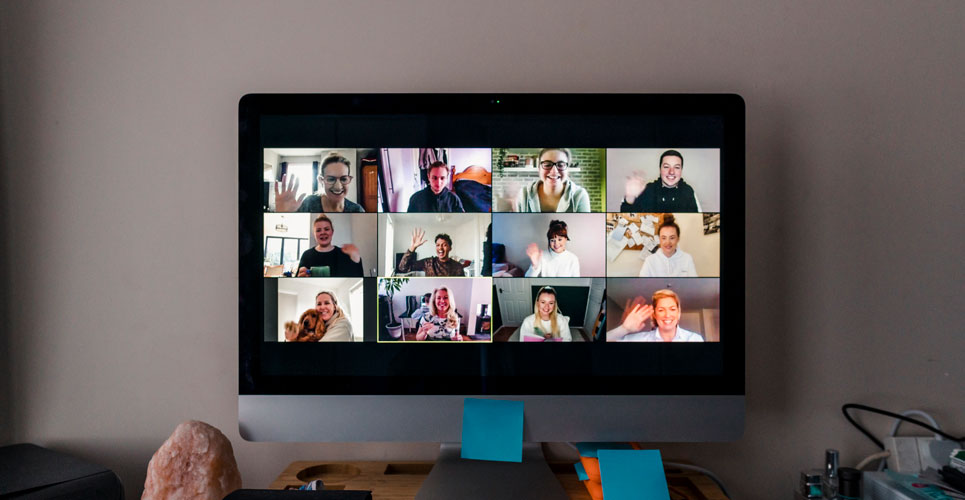The pandemic has resulted in major changes in the delivery of scientific congresses and it is envisaged that a ‘hybrid’ approach will be adopted in future, enabling both virtual and physical attendance to provide the best of both worlds and to fulfil the intellectual and social needs of the congress attendees.
Scientific meetings are a unique opportunity to learn, bringing together individuals and experts from all areas, helping to build connections, sharing experiences, networking, and shaping a future for hospital and clinical pharmacists.
More than a year ago, many of us would not have thought that there would still be restrictions on meeting in-person right now. Most of us are still living in (one kind of) lockdown or another or under restrictions. Major national and international meetings have been cancelled or postponed or are now being re-organised and delivered through virtual platforms.
We know that some of the best projects and collaborations can result from (sometimes random) interactions with people at scientific meetings; however, virtual meetings do not offer the same networking value or opportunities for formal/informal interactions that in-person meetings provide. Interactions are different, especially for younger colleagues, for whom meetings are a way to connect with future colleagues or collaborators.
Online meetings lack some of the benefits of in-person meetings: for example, no face-to-face networking, and having to listen and sit for extended periods at a computer screen, while still being burdened with daily routine activities.
As speakers presenting at a remote meeting, we might encounter technological issues but could also find it difficult to engage with a remote audience. It is challenging to deliver a presentation to a computer monitor instead of to a live audience as you are unable to see faces and reactions of the attendees. Alongside challenges for individuals, the scientific organisations themselves might be jeopardised because of the economic impact that reorganisations or cancellations might have.
However, virtual events have many benefits too.
Colleagues who lack travel funding or who are unable to apply for travel grants might previously not be able to attend events. The advent of virtual meetings especially democratises access for junior colleagues or to colleagues in developing areas. No travel tickets, visas or hotel rooms required! Not having to be absent from the home could also be a particular benefit to parents or those with family commitments.
Over the last months, I have attended a number of virtual international meetings (EBMT, SIOP, etc) and all were extremely well organised. Advanced digital platforms allowed virtual integration (with interactive videos and audio facilities allowing real-time interactions with speakers or representatives of the pharmaceutical industry or learned societies) among the attendees and speakers and were valuable fora through which to exchange knowledge and information.
The lack of face-to-face contact was filled by the virtual equivalents, with chat functions for real-time feedback, ‘live’ social and networking sessions, and the ability to split participants into groups to foster more interaction and discussion.
Some attendees find digital communication with eminent scientists more comfortable than asking a question in person at a plenary session. Apps and digital planning tools allow your meeting schedule to be planned with ease and recorded sessions allow catch up at a later time, which is a great advantage too.
Some tips to get the best from virtual meeting and to prevent ‘Zoom-fatigue’ are: block out time in your calendar; don’t be too ambitious – relax, stand and stretch from time to time; factor in snacks and meals (just as you would on-site); and plan time to review and re-watch sessions as needed.
Along with many of my colleagues, I think that a ‘hybrid’ approach will be adopted for events in future, enabling both virtual and physical attendance to provide the best of both worlds and to fulfil the intellectual and social needs of each individual congress attendee. We welcome this change.

